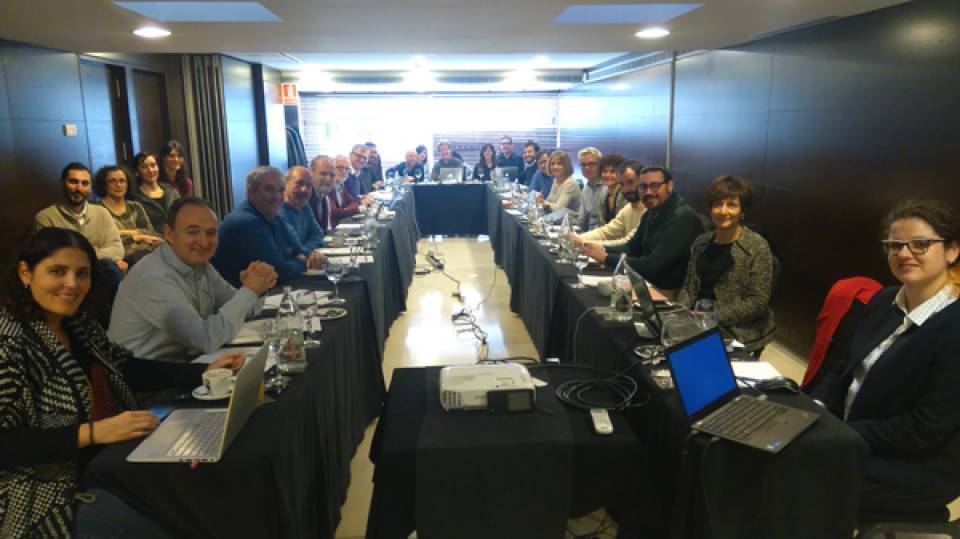According to the World Health Organization (WHO), 37 million people in the world are living with HIV and there are more than 2 million of new infections each year. Although there are several prevention strategies that are effective, they are difficult to maintain in the long term. Achieving a functional cure would cause patients to become carriers of the virus at undetectable levels, and although prevention measures would still be necessary, the risk of transmission would be minimized.
In order to achieve this functional cure, the HIVACAR project proposes the administration of a combination of immunotherapy that includes therapeutic vaccines (one of them customized for each patient to avoid the capability of the virus to escape from the vaccine), a potent antibody with the capacity to neutralize the site of binding of the virus with the cells that it infects and a latency reversing agent, that is, a molecule with the ability to unmask the virus. It will be done within the framework of a Phase II clinical trial, to test the combination’s safety and tolerability. It will be determined whether this combination is capable of activating the immune system mechanisms necessary to remove infected cells from the latent viral reservoir. The socioeconomic and psychosocial impact of this treatment will also be analyzed.
"The functional cure of HIV is one of the main challenges in the fight against HIV and the HIVACAR project aims to improve the quality of life of patients and also contribute to a reduction of the current costs related to the treatment of HIV" , explains Dr. Felipe García.
The kick-off meeting of the project was held in Barcelona on 23 and 24 January. "At the moment," points out Dr. García, "in order to facilitate the rapid start of the clinical trial, we have initiated preliminary regulatory procedures. In addition, previous experience with three out of products used and the manufacture of several personalized vaccines will help to the start of the study in 5 centers of 4 European countries”.

